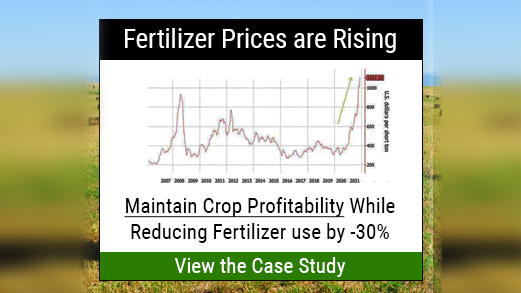National Agriculture Sustainability Standard: A Bad Ideal As Proposed
The idea of a national standard for sustainable agriculture sounds like a good idea. However, like many other ideas that look good in the initial glance, this one is full of problems. One of the first problems is that the idea is being pushed by Scientific Certification Systems (SCS). SCS is a for-profit business, which would, of course, profit by having a national standard since the organization would be in the business of certifying that growers meet the standard.
SCS provided funds to the Leonardo Academy, which is a member of the American National Standards Institute (ANSI) to coordinate development of a standard. The main idea is that the standard would become an ANSI standard. Leonardo Academy has published a so-called draft standard, interestingly without any input from those who would be most affected by the standard — growers.
The Leonardo Academy will form a committee of stakeholders to draft the final standard. Although this committee was to be formed in April, the date was delayed and nominations to the committee were accepted through early July. The composition of the committee was decided by the Leonardo Academy and only one-quarter of the committee seats are allocated to growers.
Concerns Raised
A working group of local industry representatives from the Salinas Valley and adjacent growing areas has been meeting and is very concerned about the draft standard. The problems with it appear to be almost endless. The draft standard assumes that organic production is sustainable and conventional production is not. Some of the standards are in direct conflict with local industry food safety standards and California regulations.
It would appear that those who wrote the draft standards were assuming that growers are bad folks and the standards are necessary to make them become good folks. The local working group invited a representative from SCS to one of its meetings and the end result was worrisome. The SCS representative admitted that some of the draft standards were taken from certification rules they use in Third World countries. Furthermore, his lack of information and misinformation on practices used in the California vegetable industry was appalling.
Of course there was no mention of profitability. No agricultural production system including vegetable production can be sustainable for growers if it is not profitable.
The Draft Standard
A major issue is the so-called one-size-fits-all approach of the draft standard. This is particularly important to specialty crop producers, such as vegetable and tree fruit growers, just to mention a few. Standards that might fit corn and soybean growers in the Midwest could be unattainable by vegetable growers throughout the country.
Fortunately, agricultural organizations throughout the country representing major commodities and specialty crops are aware of the situation and will be directly involved in any standard-making process.








